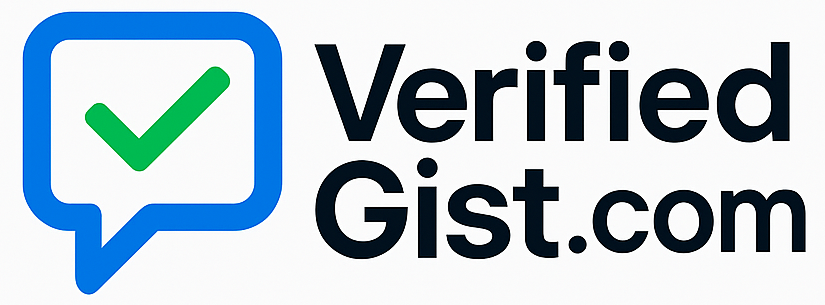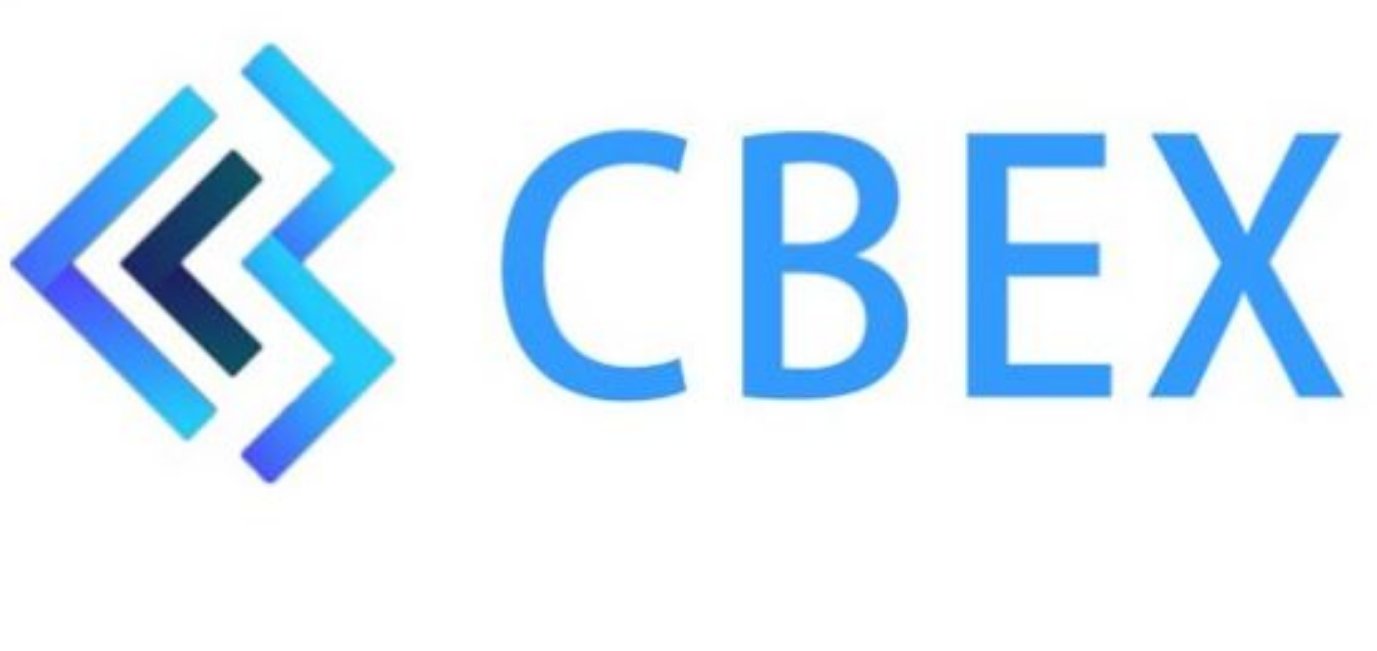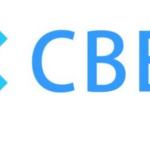Thousands of Nigerians are counting their losses after falling victim to a fraudulent investment platform known as CBEX, which allegedly presented fake or misleading documents from the Corporate Affairs Commission (CAC) and the Economic and Financial Crimes Commission (EFCC) to appear legitimate……CONTINUE READING
The Rise of a Deceptive Platform
CBEX burst onto the scene promising high returns through digital investments, including cryptocurrency and forex. With an official-looking website, paid social media ads, and smooth marketing, the company quickly gained traction. One of its biggest trust-building strategies was showcasing CAC and EFCC documents that appeared to show full government approval.
The Power of Fake Legitimacy
In Nigeria, CAC registration is often seen by the public as a stamp of credibility. CBEX capitalized on this perception, displaying a registered company number and supposedly showing “clearance” from EFCC—something the agency doesn’t officially offer to companies for promotion purposes.
However, upon closer inspection, experts found several red flags:
-
The CAC number traced back to a completely different entity.
-
The EFCC “clearance” was a generic letterhead with no official signature or date.
-
There was no license from the SEC (Securities and Exchange Commission) or CBN (Central Bank of Nigeria), which are required for legitimate financial platforms.
Testimonies of the Scammed
“I invested ₦250,000 thinking I was finally building wealth,” said Blessing Okoro, a Lagos-based teacher. “They showed us documents and even claimed EFCC had ‘vetted’ them. We believed them.”
Like Blessing, hundreds shared similar stories across social media and WhatsApp groups—some even encouraging friends and family to invest. When CBEX suddenly shut down its platform and disabled withdrawals, panic set in.
What the Law Says
Legal experts emphasize that CAC registration only proves a company exists, not that it is financially trustworthy. Likewise, EFCC does not provide promotional clearance or legitimacy for private businesses.
An EFCC spokesperson, when contacted, stated:
“We have no involvement in endorsing any private financial firm. Any such claim is completely false and misleading.”
Regulatory Gaps and Reactions
As of now, no arrests have been made, though sources suggest an internal investigation is underway. The incident has reignited calls for the CAC and EFCC to implement QR-code verifications and more accessible public company checks.
How to Avoid Getting Scammed
Experts advise that Nigerians:
-
Verify all investment firms via SEC or CBN.
-
Treat high returns as red flags.
-
Never rely solely on CAC certificates.
-
Check for clear contact details, physical office locations, and official licensing.





